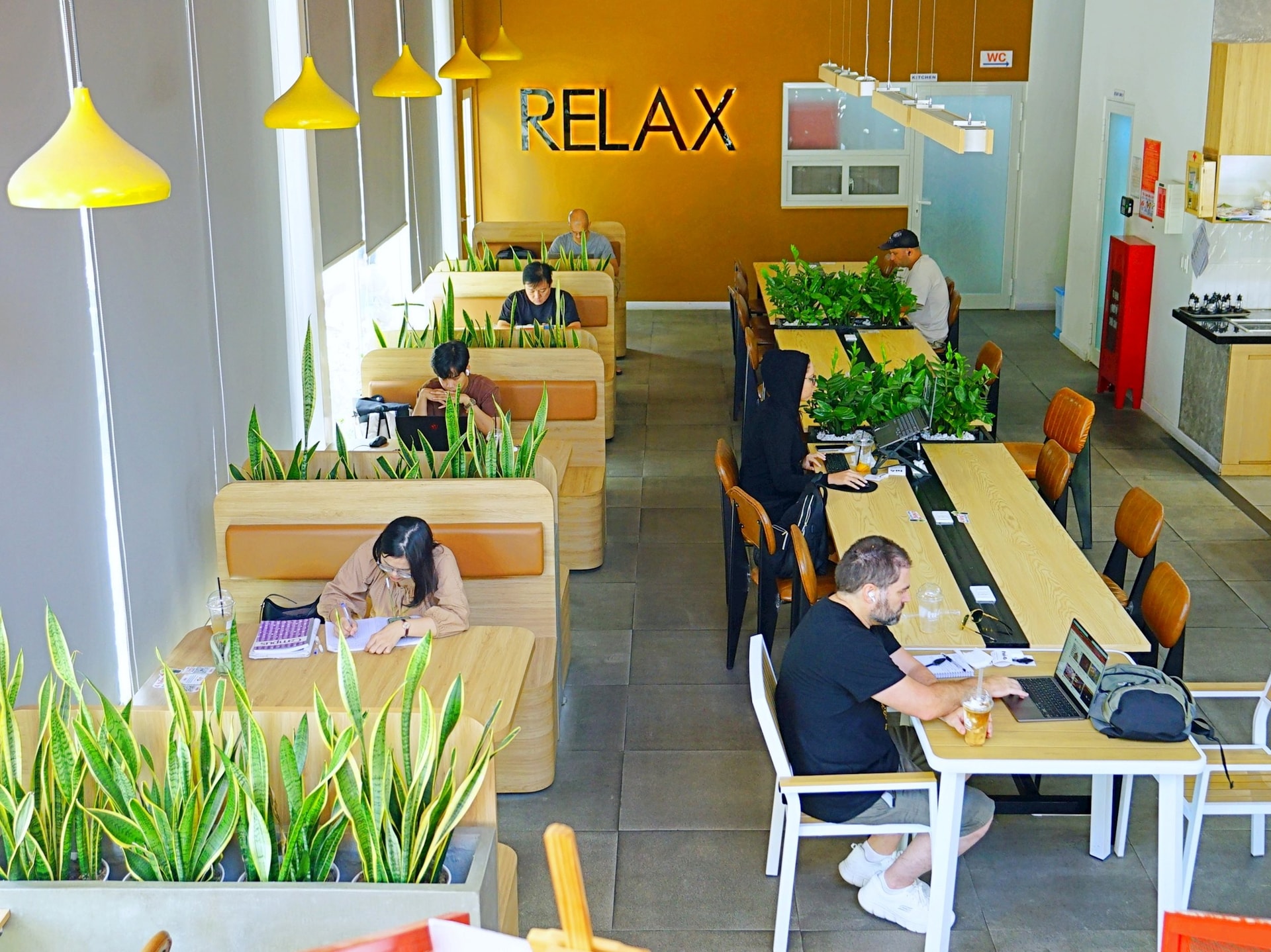
“Wireless connection” at work
The new daily schedule of Mr. Nguyen Hoang Tung (Co An Tay block, Dien Ban Dong ward) starts at 6:00 a.m. After playing sports and having breakfast, Mr. Tung prepares coffee to sit at his desk at home at 8:00 a.m.
Here, through social networks and communication applications, he began to "connect" remotely with colleagues at the company located in Thanh Khe ward, 30 kilometers from home. For the past 3 years, as head of the marketing department, Mr. Tung has been allowed by the company to work from home 4 days a week, only coming to the company when he needs to handle important work.
“My company allows some departments to work flexibly remotely, without necessarily being physically present at the office; especially with tasks that can be managed and processed via the internet and those who have homes in the old Quang Nam province. However, the working hours are still 8 hours per day during office hours. Although this is a small thing, it also helps the company save some costs on electricity and water and improve work productivity,” Mr. Tung shared.
According to Mr. Tung, with the characteristics of remote work, employees have many advantages such as being proactive with their time, not being affected by "barriers" of company culture like when working directly, saving on living expenses. However, this requires employees to have high discipline, because without direct control from superiors, it is easy to be distracted from work, leading to poor work performance.
Since July 1, after Quang Nam and Da Nang merged into the new Da Nang city, Ms. LV (residing in Chien Dan commune) moved to work in the city center. From here, she gradually "got into the rhythm" of her new job and environment at a state agency.
Ms. V. shared that, in addition to the developed transport infrastructure and modern facilities, the working environment in Da Nang is also gradually optimized thanks to technology. From the center of Da Nang city, she and her colleagues can connect to all locations, including remote areas.
“Processing documents and exchanging work are done through software, online meetings and digital platforms, helping to reduce travel time and maintain regular connection with the southern unit of the city,” said Ms. V.
On August 31, the People's Committee of Da Nang City issued Decision 1287/QD-UBND, approving the budget and supplementing targeted funding to support upgrading and renovating the LAN system for 89 communes and wards with a total budget of more than 26 billion VND. The maximum support level is not more than 300 million VND/commune and ward.
Propose new working models
Developing information technology infrastructure or forming creative working models and spaces is a topic of interest to many people, especially young people.
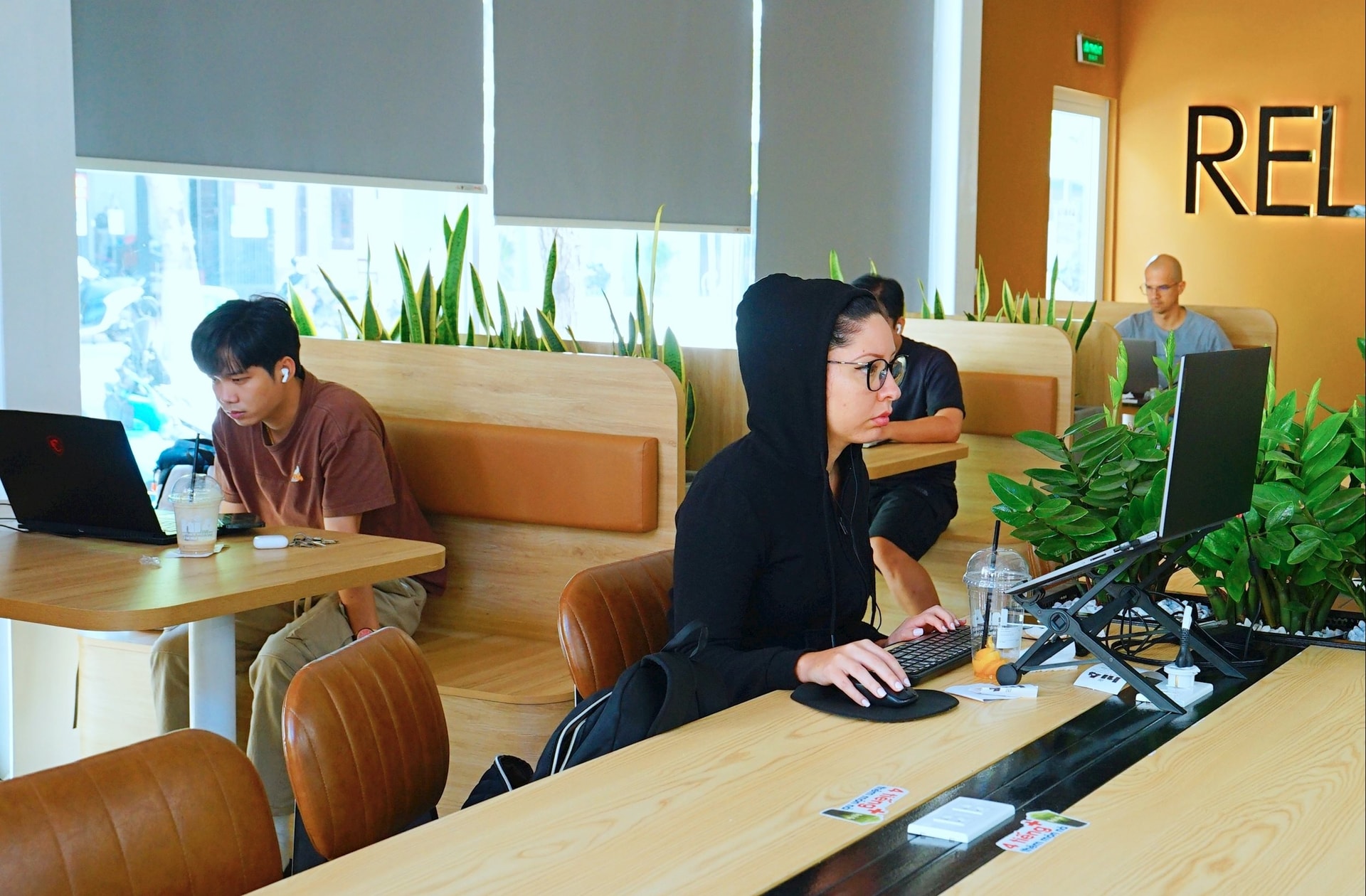
According to Ms. V., people working from the old Quang Nam area to the center of Da Nang city also face many difficulties. For example, the rent including electricity and water costs is at least 4-5 million VND/month, which accounts for a large part of the salary. Therefore, from a personal perspective, Ms. V. supports Da Nang city's policy of prioritizing investment and development of information technology infrastructure to better connect remote work after the merger.
Sharing the same view, Ms. Phan Hoang Duyen (Thu Bon commune), an office worker at a company in Hai Chau ward, said: “Applying information technology is an inevitable and necessary trend in the context of local expansion after mergers and integration with the global network. Especially the network infrastructure in suburban and remote areas needs to be upgraded. This not only serves the government agencies to work more effectively but also helps people easily access online public services, study and work remotely.”
According to Mr. Nguyen Hoang Tung, with the increasing trend of remote working, the co-working model (shared workspace) will be very suitable for small and medium-sized enterprises. This model allows employees to have a professional workspace with full amenities while the business does not have to spend much on office investment costs. At the same time, employees have more community to interact, share, cooperate, creating more opportunities for self-development.
Ms. Phan Thi Bich Ngoc, a lecturer in Multimedia Communications at Swinburne University Vietnam - Da Nang campus, once worked remotely part-time for a company abroad. From her own experience, she said that many private enterprises have been allowing their employees to work remotely or in a hybrid format (being in the office 3-4 days a week).
“If conditions are suitable, state agencies and enterprises can pilot this model, however, it is necessary to have a suitable management mechanism to avoid wasting human resources or low work efficiency, because the most important factor for human resources to work effectively in a unit for a long time is personal discipline,” said Master Phan Thi Bich Ngoc.
Source: https://baodanang.vn/lam-viec-tu-xa-xu-huong-thoi-dai-so-3310184.html


![[Photo] General Secretary To Lam receives Vice President of Luxshare-ICT Group (China)](https://vphoto.vietnam.vn/thumb/1200x675/vietnam/resource/IMAGE/2025/11/15/1763211137119_a1-bnd-7809-8939-jpg.webp)


![[Photo] Prime Minister Pham Minh Chinh meets with representatives of outstanding teachers](https://vphoto.vietnam.vn/thumb/1200x675/vietnam/resource/IMAGE/2025/11/15/1763215934276_dsc-0578-jpg.webp)


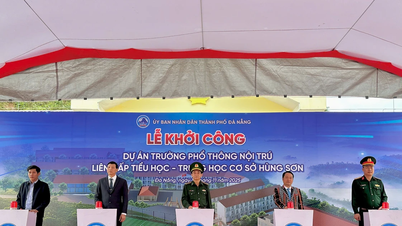



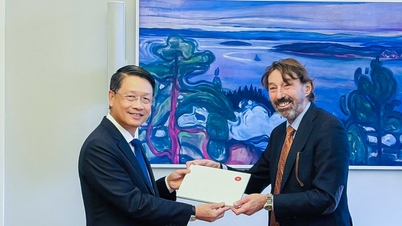
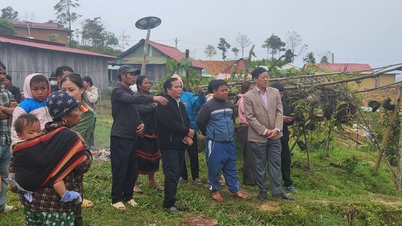



















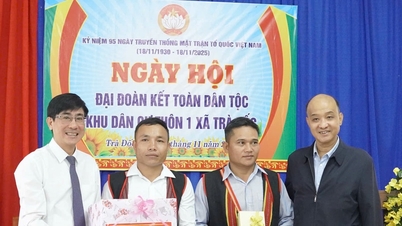





















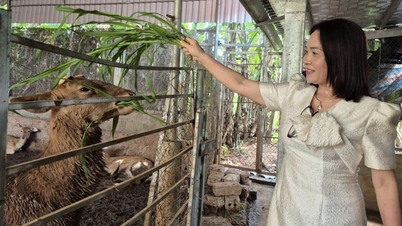



























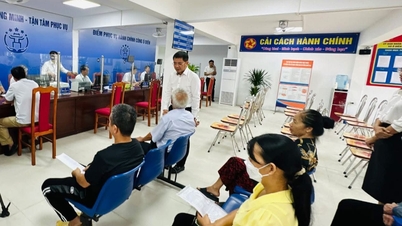




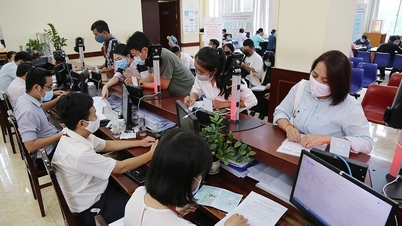






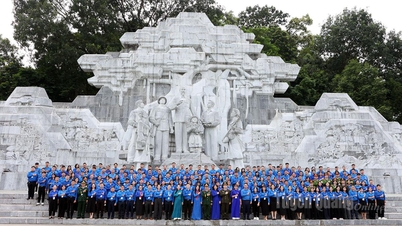













Comment (0)